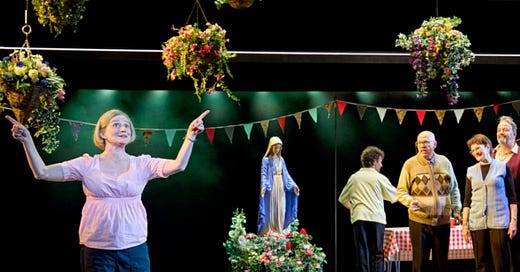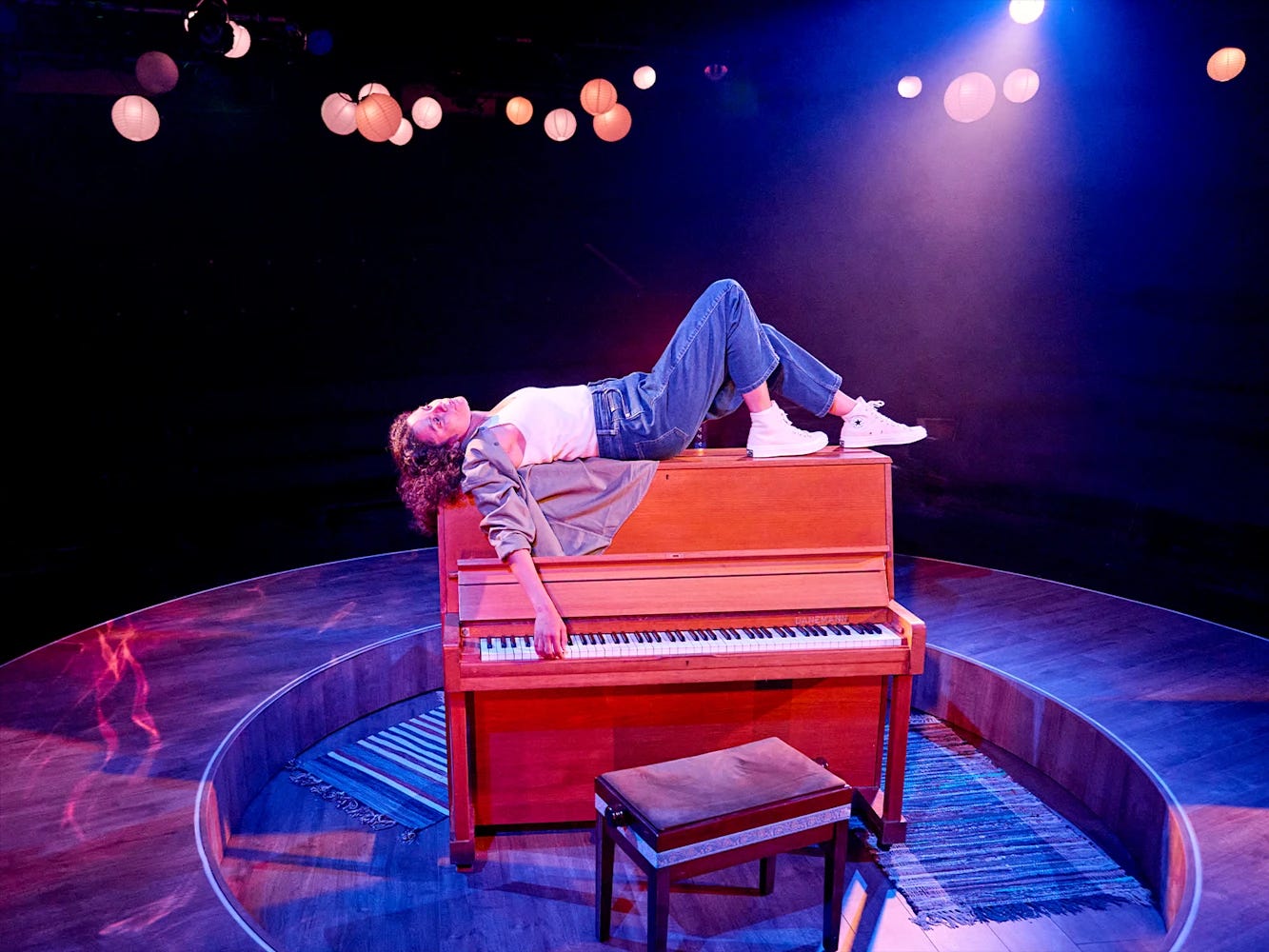In the past seven days, I’ve seen six shows. That’s too many. West End, student, Fringe. (One remarkably can’t be reviewed because of an ongoing criminal trial, three had embargoes, one was not for review, and the other a preview) The sheer volume of culture has tipped into overload.
And here’s the truth: a cautious culture breeds cautious criticism. With limited time and even less attention, we inevitably pick and choose what we review. Those choices matter.
It’s been a long month. I’ve been quoted-slash-featured — in the Sunday Times, Daily Mail, Associated Press, and even on BBC Radio 4. It’s kind of amazing.
So: are the democratic opportunities of the internet, or TikTok really enough to replace the old guard of the establishment?
Anyway, my writing — and this Substack — lives and dies by online interaction. Conversation is oxygen. I love hearing from readers. Truly.
Michael Billington, marking 60 years as a critic, recently reflected:
“Sometimes, what a critic can do is draw the attention of the reader to plays or productions they might not otherwise know about.”
He also noted that there are now more types of criticism — and more types of critics — than ever before.
The man is unmatched in sheer hours of theatre seen. I hope there’s a statue of him outside the National Theatre one day. I’m proud to know him.
Still, I have reservations about some social media reviews. Not because they’re on TikTok — but because many lack weight. No track record, no accountability. Some are blatantly using Chat GPT and one is even an affiliate of a West End Ticketing firm. And if you’ve got nothing invested in accuracy or honesty, why should anyone invest in your opinion? Apols.
Then again: the most important thing any critic needs is the ability to evoke — vividly — what they’ve just seen on stage.
Indeed, I read recently that social media and video platforms have overtaken traditional TV and news websites as the primary source of news in the U.S., according to new research.
More than half (54%) of Americans now get their news from platforms like Facebook, X (formerly Twitter), and YouTube—surpassing television (50%) and news websites or apps (48%), the Reuters Institute reports.
It bears repeating: the theatre YouTubers didn't cause the decline of critic positions (one of my close theatre friends, who sadly passed away described them as vlogging a dead horse) those losses were already underway, driven by a shrinking newspaper industry well before digital alternatives.
In passing, then, I get properly annoyed by websites that exploit unpaid theatre reviewers, dangling the promise of “career-enhancing reach” as if a byline on their blog is a magic passport to paid work. It’s not. Start your own blog. Write for yourself. Don’t write for exposure. Maybe I’ll do a TedTalk.
Anyhow. After the Evita balcony debacle, I caught an episode of the WhatsOnStage podcast asking, “Will social media kill off critics?” It followed a wider grumble over review embargoes.
It got me thinking: what a critic or reviewer chooses to see is, in itself, a critical act.
We live in an age of opinion, rather than criticism. The role of the critic has changed.
But we’re not here to sell tickets.
And reviewing, like journalism, can’t just cheer from the sidelines. It also has to take out the trash.
What do you think?









Writing letters to posterity, as Tynan put it.
Absolutely agree about writing reviews for yourself and not feeling under pressure to sell tickets.
I want to be able to look back on reviews I've written 10 years ago and feel it's an accurate reflection of what I felt at the time, what it felt like to be on that audience. That's what we aim to capture with our reviews anyway. It is an almost impossible task where you feel yourself occasionally compromising, but it's an ongoing practice.
Adam, writing for Not Exactly Billington since 2012.